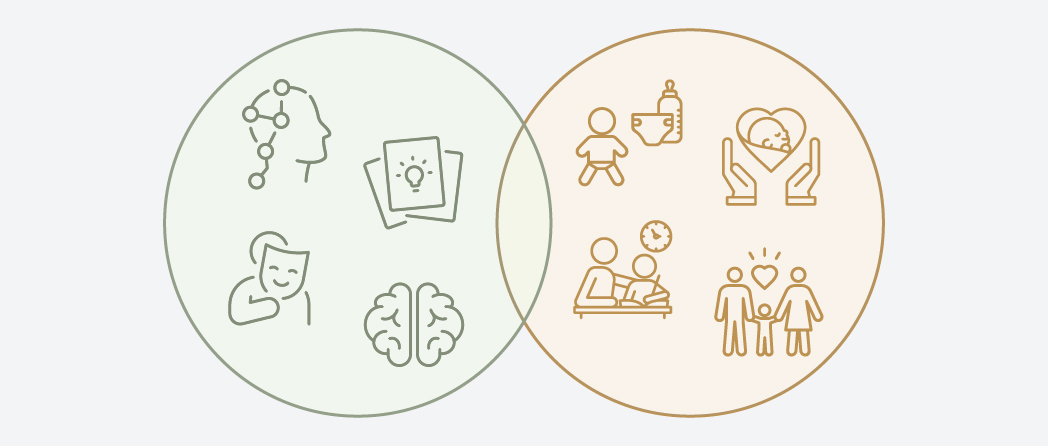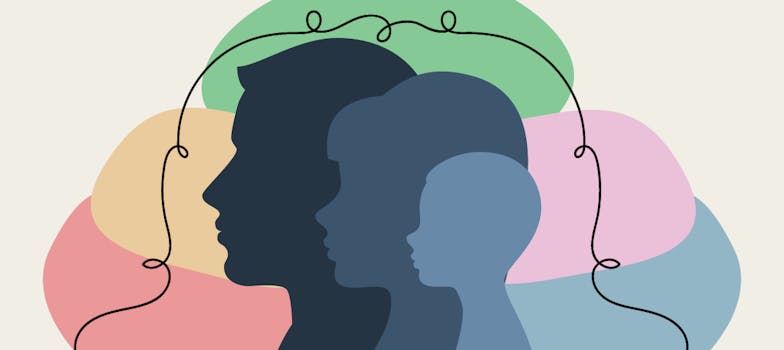Most people have asked themselves this very question, or a variant thereof, at some point in their lives. The good news is that there's an answer. Unfortunately, it's not as clear-cut as we'd like. Let's dive into it.
To avoid baseless assumptions, personal biases, and hasty conclusions as we search for our answer, we should turn to a more evidence-based system that adheres to facts and corrects itself based on new observations. We have that in the Scientific Method.
The Science is in. Somewhat.
Even in prehistoric times, humans selectively bred animals not only for physical traits like strength or more meat but also for behavioral characteristics like docility or aggression – think pet dogs or gamecocks. This process is being examined in real time in the Russian silver fox domestication experiment, which started in 1959 and has turned a wild animal into something that is as docile and friendly as a lapdog over just a few generations. All of this suggests that there is a connection between hereditary disposition and behavior and character.
Since the human genome was first mapped in 2003, science has made huge leaps in understanding how our genes influence our personality. Our DNA, the blueprint for building a human being, contains over three billion nucleotide pairs, and these not only determine the color of your eyes or the shape of your nose, but they also play a role in how extroverted you are or whether or not you like broccoli. Studies have identified correlations between genetic factors and depressive disorders, intelligence, and even educational attainment.
Despite all this progress, the majority of our genome is still not well understood, and not all the findings are conclusive. In a manner of speaking, the study of behavioral genetics is in its infancy. What scientists agree on however is that when it comes to personality, your genes are not the be-all and end-all. Other forces are also at play.
Nature vs. nurture

External factors such as the regional and social circumstances of your upbringing, the way your parents raised you, education, nutrition, traumatic events, and experiences play just as big a part in what defines your personality, if not more so, as your genetic disposition.
When geneticists find a connection between a specific gene and a certain character trait, weakness, or talent, the result is never presented as an absolute. Rather, it denotes an increased likelihood of the gene expressing itself as said character trait, weakness, or talent compared to people without the same gene. Your personality is the product of a delicate interplay of possibilities and circumstances. Who you are is not set in stone the moment you’re born.
In addition, your personality can change all through your life, according to a study that examined the development of fundamental character traits known as the Big Five (you can assess your own with TerraYou's Big Five Test).
What's the takeaway?

Scientists have warned about the dangers of over-interpreting the findings of genetic research, as this could open a can of worms containing anything from false conclusions to political abuse. You should heed their warning and not place too much importance on your hereditary traits. They may give you advantages in some respects and limitations in others; if you have the "TT" genotype for the TAS2R38 gene, you might never like broccoli, but that doesn't mean you can't be a great cook!
Another way to look at it is the concept of emergence: like a city is more than just the sum of its buildings, you are more than the sum of your parts. Your personality cannot be broken down into the amino acids that make up your DNA. Even identical twins who share the same genetic code are unique individuals.
So, is your personality inherited? Yes. Partly. And no. Partly. The important thing is to keep in mind that you are not a slave to your genes: weaknesses can be overcome, limitations surpassed, and strengths further developed. Get to know yourself and fulfil your potential – your genes will work just fine without you worrying about them.

